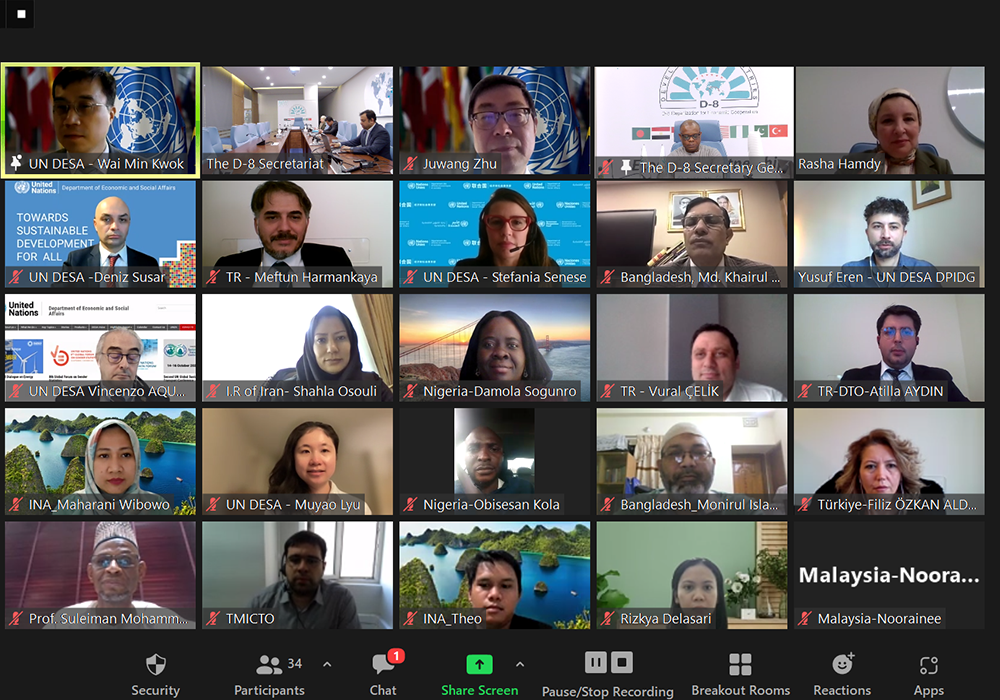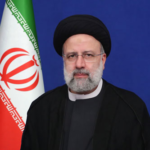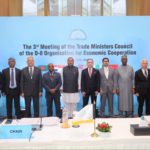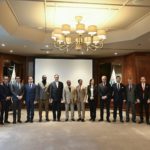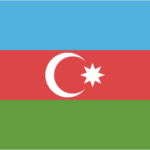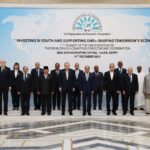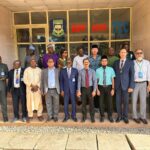The Developing Eight Organization for Economic Cooperation (D-8) and the United Nations Department for Economic and Social Affairs (UNDESA) have jointly organized a two-day workshop on new approaches to E-Government towards building institutional capacity of D-8 Member Countries.
The Workshop which held virtually from 15- 16 March 2022 tagged: “Capacity Building on New Approaches to E-Government for SDGs Implementation” had in attendance participants selected from different operational levels of relevant Ministries and Departments in D-8 Member Countries.
While delivering his welcome address at the Workshop, the Secretary General of D-8 Organization, H.E. Ambassador Isiaka Abdulqadir Imam, thanked UNDESA for partnering with D-8 Organization for the Workshop and hoped that the knowledge acquired will contribute to the enhancement of the capacity of participants and consequently the digital transformation process in D-8 member states, most importantly to the achievement of the implementation of UN 2030 Sustainable Development Goals (SDGs).
On tackling some identified challenges associated with E-Government, Ambassador Imam harped on why Government should be prepared to come up with adaptive policies and regulations that would provide sufficient support to citizens of D-8 member states to enable them to be re-skilled with a view to deal with those challenges.
Speaking at the workshop, the Director of the Division for Public Institutions and Digital Government of the United Nations Department for Economic and Social Affairs, Mr. Juwang Zhu, highlighted the importance of E-Government in the realization of the sustainable development goals. He identified that the lack of connectivity and limited resources are some of the challenges to E-Government and consequently the widening digital gap. Mr. Zhu, however, underscored the role of political leadership and the building of strong institutions as very important to ensure meaningful participation of citizenry in the process of digital transformation.
In his presentation to participants at the Workshop, Mr. Vincenzo Aquaro, Head of Digital branch of UNDESA, introduced the participants to publication on E-Government using various assessments done on E-Government to enhance efficiency and effectiveness of digital transformation in the UN Member States. Speaking further, Mr. Aquaro said in the analysis of E-Government Development Index (EGDI), member states of D-8, Turkey and Malaysia are classified as being in very ‘high’ category, while Bangladesh, Egypt, Indonesia and Iran are in ‘high’ category. However, Nigeria and Pakistan fall under the ‘middle’ level category.
While giving their presentations, the Heads of Delegation from D-8 member states mentioned that poor access to internet at the rural level and its low speed, lack of skilled manpower, budget constraints, lack of digital literacy, lack of inter-agency coordination and cyber security are some of the challenges faced in developing E-Government. They however unanimously called on UNDESA to assist their countries in the aforementioned areas to fast track the process of digital transformation.
In their response, the UNDESA Experts lauded the tremendous progress so far achieved in the D-8 countries in the areas of digital transformation and E-Government and assured that help was on the way in form of assistance.
In conclusion, UNDESA and D-8 Organization have both agreed in furtherance of their partnership to design and arrange a joint tailor-made training program for officials of D-8 member states in the last quarter of this year to address all the identified challenges enumerated during the Workshop.
D-8 Organization and UNDESA hold workshop on E-Government, Secretary-General seeks support for Member States
